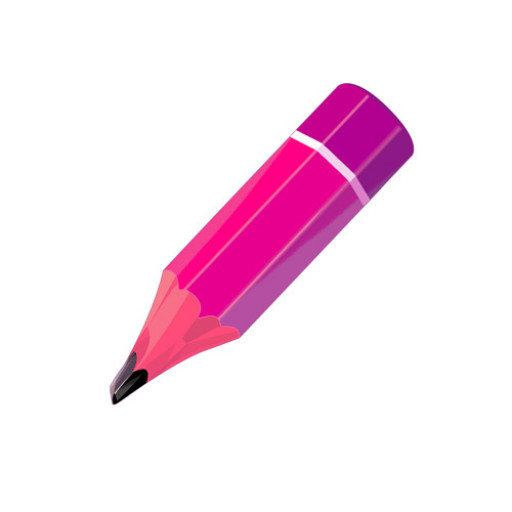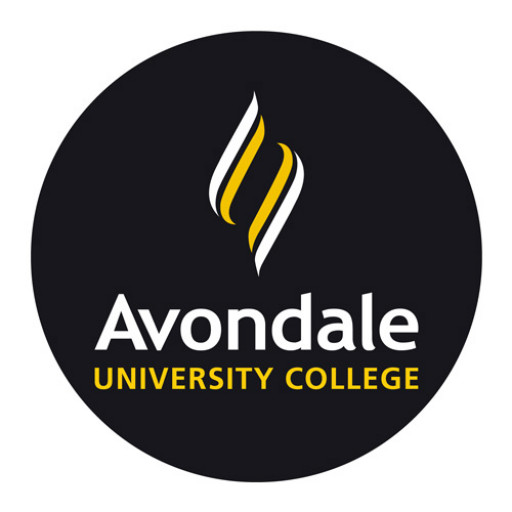Photos of university / #uow
The Bachelor of Arts (Majoring in Education) at the University of Wollongong offers students a comprehensive and versatile degree designed to prepare future educators for the dynamic and diverse world of teaching. This program provides a strong foundation in educational theories, teaching methodologies, and practical classroom skills, ensuring graduates are well-equipped to make a meaningful impact in the education sector. Throughout the course, students will explore various pedagogical approaches, developmental psychology, curriculum design, and assessment strategies, fostering a deep understanding of how to facilitate effective learning experiences for learners of all ages. The program emphasizes both theoretical knowledge and practical application, with opportunities for internship placements and hands-on teaching practice in real educational settings. Students will also engage with contemporary issues in education, such as inclusion, multiculturalism, digital literacy, and educational policies, preparing them to adapt and thrive in diverse teaching environments. In addition to core education subjects, students can select from a range of arts-related electives, allowing them to develop a well-rounded skill set that includes critical thinking, creativity, and cultural awareness. The degree offers flexible study options, including full-time and part-time pathways, to accommodate different student needs. Graduates of this program are equipped to pursue careers in primary, secondary, and special education, as well as roles in educational administration, community services, and policy development. The University of Wollongong’s supportive learning environment, experienced faculty, and extensive industry links ensure students receive a high-quality education that prepares them for a successful career in education and beyond. Whether you are passionate about making a difference in students’ lives or interested in gaining a broad arts perspective combined with educational expertise, this program provides the ideal foundation for your professional journey.
Program Content: Bachelor of Education (Secondary) / Bachelor of Arts in History
The Bachelor of Education (Secondary) combined with the Bachelor of Arts in History at the University of Wollongong is designed to prepare students for a dynamic career in teaching and history scholarship. This comprehensive program immerses students in both pedagogical strategies and in-depth historical knowledge, equipping future educators with the skills necessary to inspire and inform future generations. Throughout the course, students engage in a blend of theoretical coursework, practical teaching internships, and research projects that foster critical thinking, effective communication, and a deep understanding of historical contexts.
The education component emphasizes contemporary teaching methodologies, curriculum development, classroom management, and assessment techniques tailored for secondary education. Students learn how to design engaging lesson plans, utilize inclusive teaching practices, and integrate digital technologies into their instruction. Hands-on placements in local schools enable students to apply their learning in real classroom settings, gaining valuable experience and feedback from experienced educators. The pedagogy courses are complemented by a focus on educational psychology, diversity and inclusion, and ethics in teaching.
Meanwhile, the Arts in History component offers a thorough exploration of world history, from ancient civilizations to modern times. Coursework includes studies in Australian history, Western and non-Western societies, cultural history, and historiography. Students develop research skills through analyzing primary and secondary sources, writing academic papers, and participating in debates on historical interpretations. The program encourages critical examination of historical causes, effects, and perspectives, fostering a nuanced understanding of complex social and political issues.
Integrating both fields, the program enables students to critically analyze historical narratives within educational settings and develop engaging pedagogical approaches to teach history effectively. Graduates are well-prepared to pursue careers as secondary school teachers specializing in history or related humanities subjects, as well as to undertake further research or study in education or history. The program emphasizes both scholarly excellence and practical teaching skills, ensuring graduates are capable, reflective, and adaptable educators ready to meet the diverse needs of students and society.
Programme requirements for Bachelor of Education (Primary) with minors in Education plus another Arts major at the University of Wollongong typically include the completion of core coursework in education theory, pedagogy, curriculum development, and practical teaching placements. Students are expected to undertake a minimum number of credit points, usually around 160 points, comprising both compulsory and elective units. The core units cover foundational topics such as Child Development, Learning Strategies, Inclusive Education, and Assessment and Evaluation. In addition to these, students select a second major from an approved list of Arts disciplines, which may include disciplines such as Arts, Humanities, or Social Sciences, depending on student interest and academic advisement. The second Arts major involves completing a series of discipline-specific units designed to deepen knowledge and skills in that area. Practical teaching components are integrated into the program, requiring students to undertake supervised teaching practicum placements in primary schools across diverse settings. These placements are essential for applying theoretical knowledge in real classroom environments, developing classroom management skills, and engaging with diverse student populations. To graduate, students must pass all required units, including the teaching placements, and demonstrate the ability to plan and deliver effective lessons aligned with national curriculum standards. Students are also encouraged to participate in professional development workshops, seminars, and community engagement activities, which are often part of the program's emphasis on preparing reflective, competent educators. Admission prerequisites generally include a completed secondary education with specific grades, and entry is competitive, potentially requiring interviews or supplementary assessments. Overall, the program is designed to produce well-rounded teaching professionals equipped with both subject-matter expertise in their chosen Arts major and pedagogical skills necessary for successful careers in primary education.
Want to improve your English level for admission?
Prepare for the program requirements with English Online by the British Council.
- ✔️ Flexible study schedule
- ✔️ Experienced teachers
- ✔️ Certificate upon completion
📘 Recommended for students with an IELTS level of 6.0 or below.
The Bachelor of Commerce with a major in Finance at the University of Wollongong offers a comprehensive curriculum designed to prepare students for careers in financial management, investment banking, corporate finance, and other finance-related fields. The program emphasizes both theoretical understanding and practical application, enabling graduates to analyze financial data, develop investment strategies, and make informed financial decisions. Tuition fees for domestic students are structured annually and may vary depending on the specific semester or any changes implemented by the university. For international students, the fees are typically higher and are published on the university’s official website. Prospective students can access detailed information regarding tuition costs, payment options, and possible financial assistance programs through the university’s Financial Services Office.
The program provides students with access to various financial aid opportunities, including scholarships, grants, and later-stage loan options, subject to eligibility. The University of Wollongong also offers various scholarships aimed at supporting high-achieving students, which can significantly offset the cost of tuition. Students are encouraged to explore external funding options such as government grants and private loans to finance their studies. The university’s fee structure is transparent, and all students are advised to consult the official website or contact the university’s admissions office for the most current information regarding tuition and financial support.
Additionally, students enrolled in the Finance major are encouraged to seek part-time employment, internships, or industry placements that can provide financial benefit and valuable practical experience. The university’s location in Wollongong offers opportunities for affordable accommodation options and proximity to numerous local businesses, which can help reduce overall living costs. Cost of living may vary based on individual choices and lifestyle but generally includes expenses such as housing, food, transportation, and study materials. The university’s Student Support Services provide guidance on managing finances during studies and offer resources to help students budget effectively.
In conclusion, financing a degree in Finance at the University of Wollongong involves understanding tuition fees, exploring available scholarships and financial aid options, and planning for additional living expenses. While the university strives to make education accessible through various funding options and support services, students should undertake careful financial planning to successfully complete their studies.
The Bachelor of Arts (Honours) in Education and another Arts major at the University of Wollongong is a comprehensive undergraduate program designed to prepare students for a variety of careers in education, community services, and related fields. The program offers a multidisciplinary approach, combining rigorous academic coursework with practical experiences to ensure graduates are well-equipped for professional environments. Students have the opportunity to specialize in areas such as early childhood, primary, secondary teaching, or other Arts disciplines, allowing for a tailored educational pathway that aligns with their career goals and interests. The curriculum emphasizes critical thinking, effective communication, and cultural awareness, fostering well-rounded graduates capable of engaging with diverse populations and societal issues.
Throughout the course, students engage in theoretical studies alongside practical placements and community engagement initiatives. This blend of classroom learning and real-world application enhances their understanding of educational theories, policies, and practices. The university's strong ties with local schools and community organizations offer students valuable networking opportunities, internships, and hands-on teaching experience. Additionally, the program incorporates innovative teaching methodologies, digital literacy, and inclusive education strategies to prepare students for the evolving landscape of education.
Graduates of the Bachelor of Arts (Honours) in Education and another Arts major are highly sought after in education sectors, community services, policy development, and advocacy roles. The program also provides a foundation for postgraduate study and research in education and related fields. The University's commitment to diversity and inclusion is reflected throughout the program, promoting a culturally responsive and socially just curriculum. Students benefit from small class sizes, dedicated faculty, and access to state-of-the-art facilities, fostering an engaging and supportive learning environment. Overall, this program aims to produce innovative, ethical, and reflective educators and arts professionals ready to make meaningful contributions to society.





